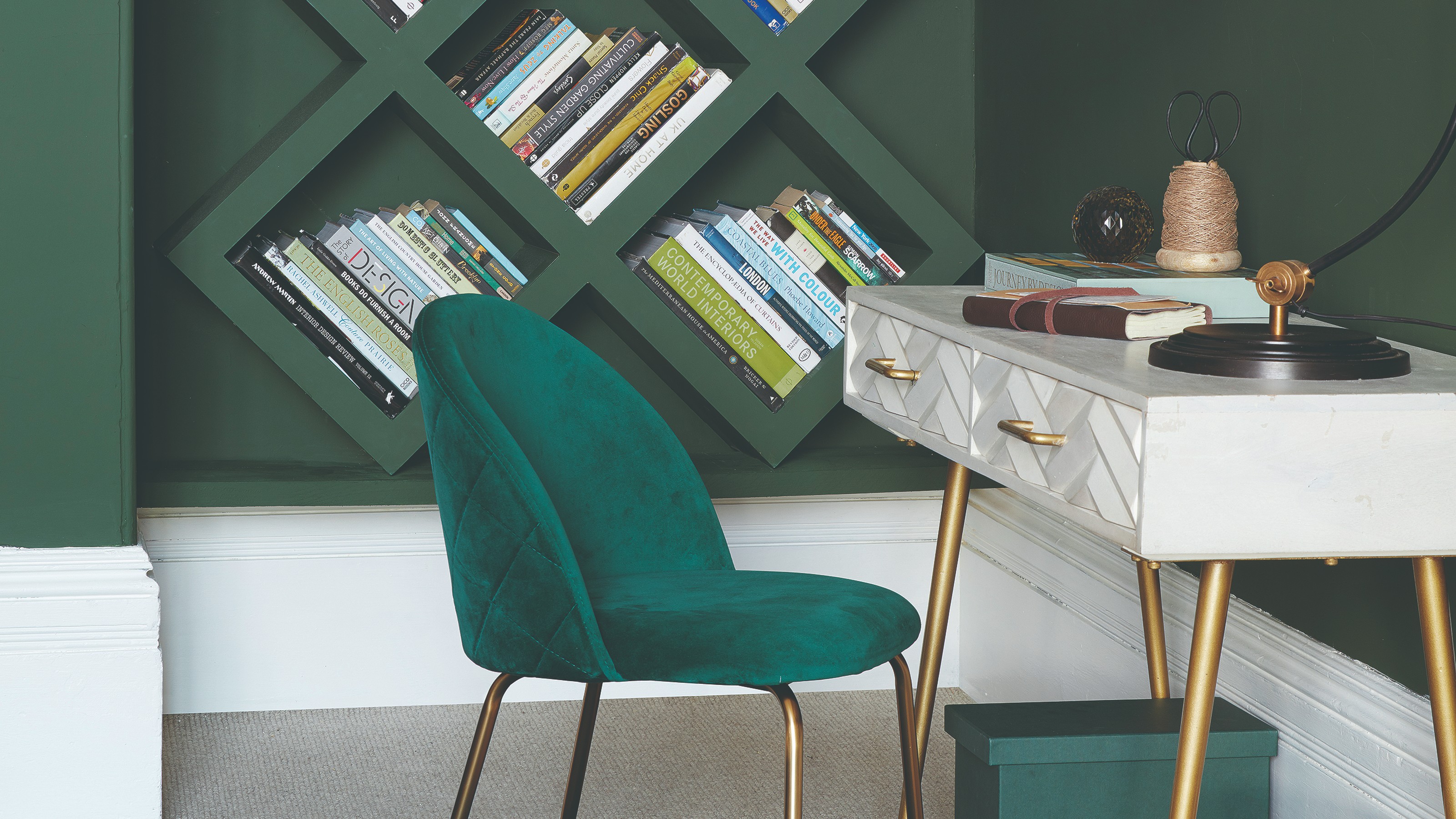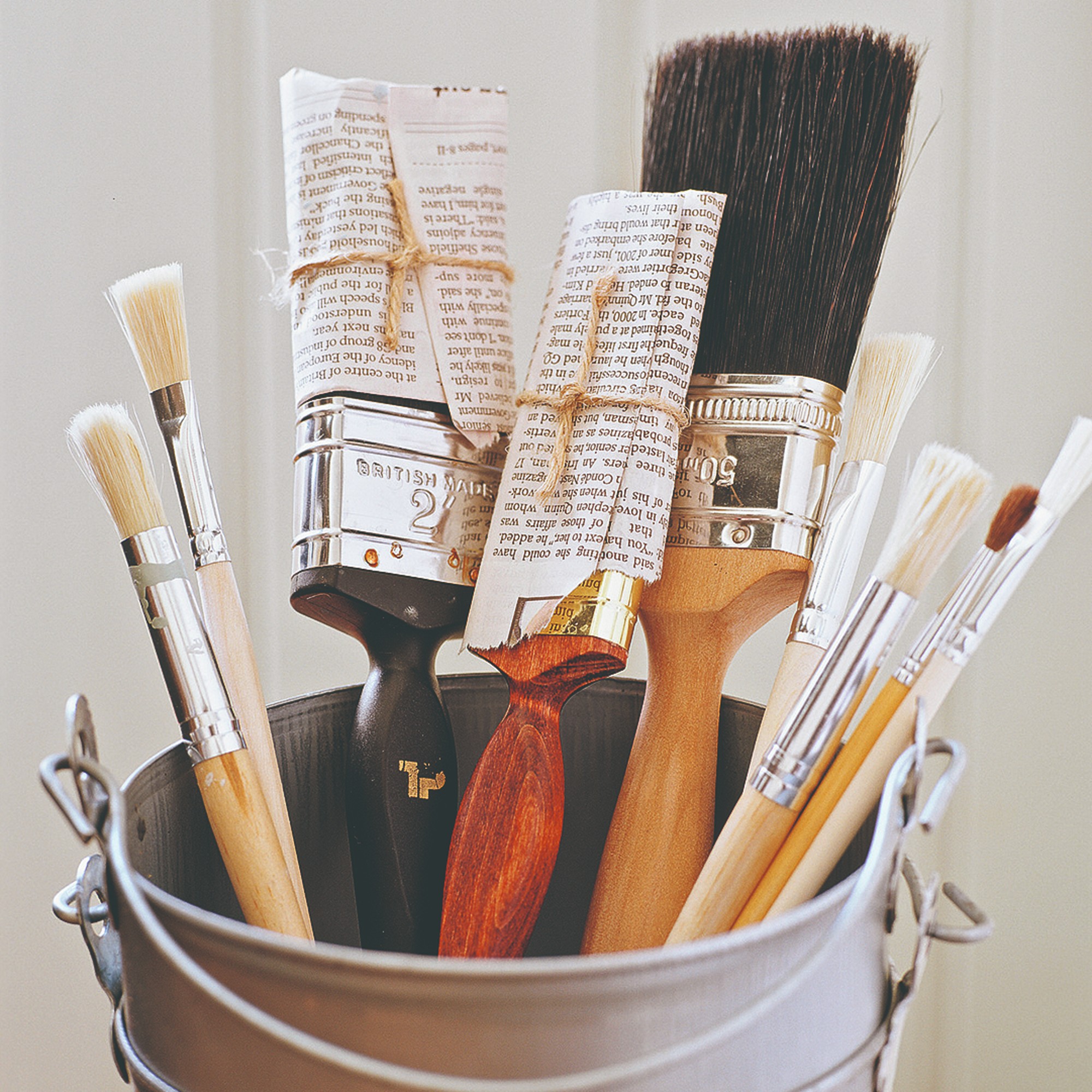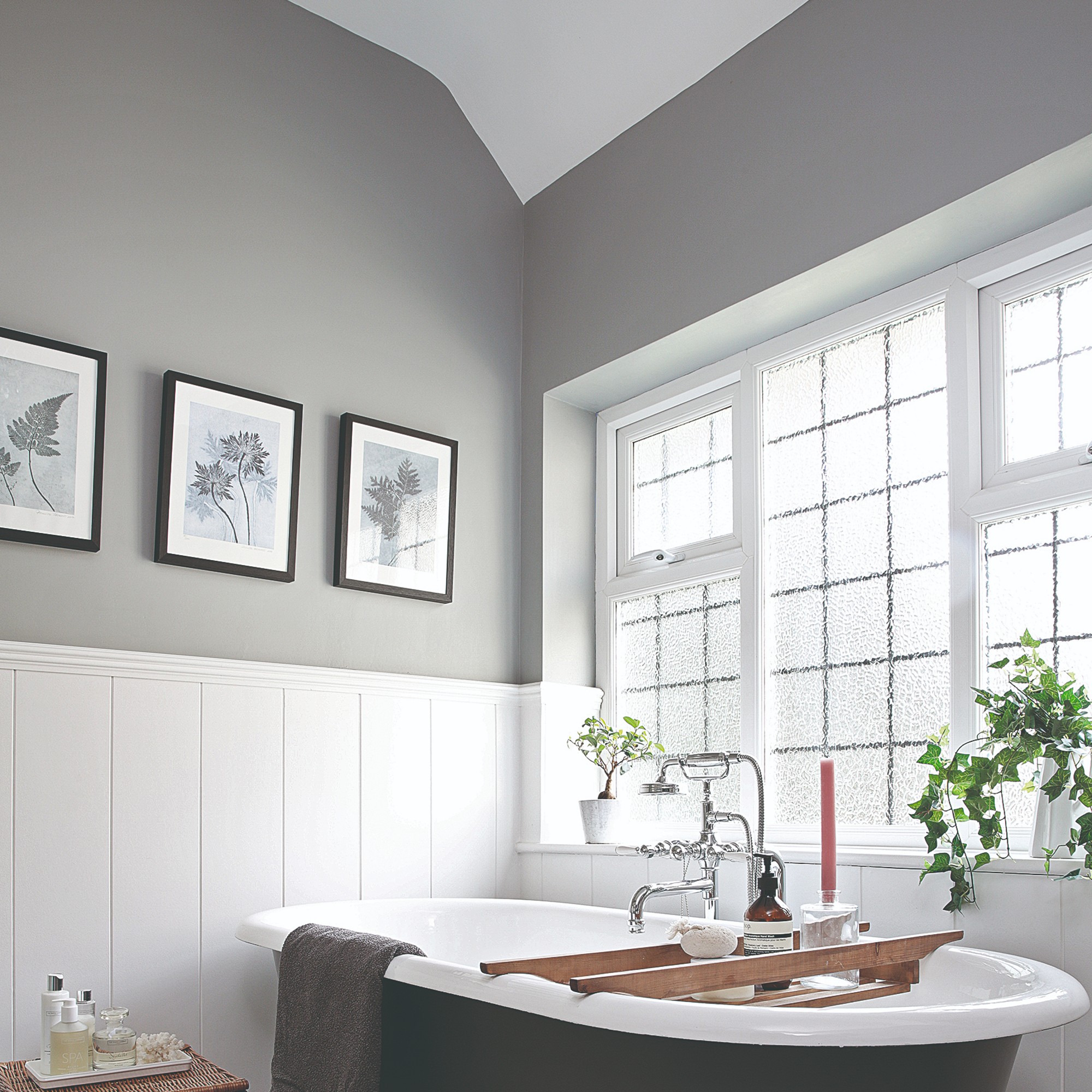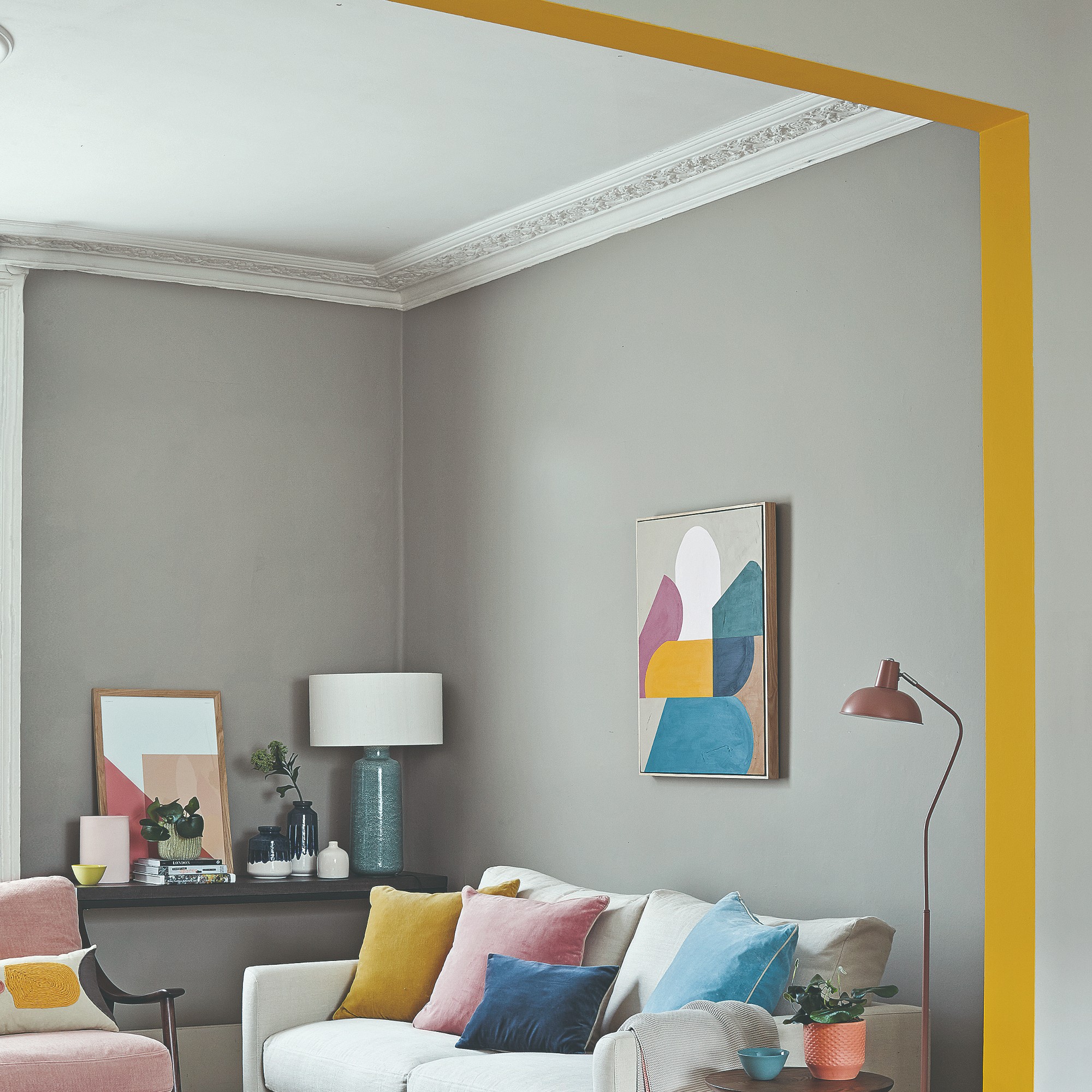Ditch the masking tape - 5 quicker, cheaper and more effective ways to paint edges and skirting boards
Experts share alternative tools for achieving clean, straight edges


Sign up to our newsletter for style inspiration, real homes, project and garden advice and shopping know-how
You are now subscribed
Your newsletter sign-up was successful
EDITOR’S NOTE: An earlier version of this article included a quote from a purported expert whose credentials we have not been able to verify. The quote has been removed. We regret this lapse in our verification process and have updated our internal protocols to reduce the risk of recurrence.
When setting up for a painting project, you’re most likely to reach for a masking tape to ensure you’re left with straight edges and connected surfaces like the ceiling, neighbouring walls or skirting boards are protected. But despite masking tape’s popularity, it’s not always the best tool for the job and there are alternative (and perhaps better) ways how to paint edges and skirting boards alike.
For one, masking tape (like any tape) runs out which means you have to keep re-purchasing it. Wouldn’t it be better to buy a single tool once and never have to worry about it again, saving yourself money in the process? Or better yet, use something that you already own?
The other occasional issue with masking tape is that it can peel off paint from the surfaces you attach it to. If this has never happened to you then count yourself lucky. I’ve sure been through the struggle. Which is why I was eager to learn about these five other paint ideas to achieve straight and neat edges when painting walls that our experts have recommended.
How to paint edges of a wall

If you’re looking to save on time and money when painting your wall edges, then you might want to explore other avenues than the usual go-to that is masking tape. Taping off all the areas you’re looking to protect is a time-consuming task, which is then followed by removing said tape (which has to happen in a very narrow time frame when the paint is not too wet but not completely dry).
These are the five alternative tools for painting edges of a wall according to decorating pros.
1. Paint shield

Using a paint shield is the first trick both of our experts recommended when asked about masking tape alternatives. It’s a wide decorating tool that is used to protect surfaces from paint splattering or smoothing wall coverings. They come in all shapes and sizes so you can choose the one that best suits your needs and preferences.
Natalie White of tradespeople-finding site Rated People shares her tips on using a paint shield, ‘Using the decorating shield, follow along the skirting boards, pressing it firmly against the wall or skirting board (depending on which part you’re wanting to protect) and make sure you keep it clean as you move around the room. You don’t want paint to transfer onto the clean area, so keep wiping the excess paint off the tool as you go. The shield should protect the area you want to leave unpainted and leave you with a nice clean line.’
Sign up to our newsletter for style inspiration, real homes, project and garden advice and shopping know-how
Buy it here: Draper 17169 Decorators Straight Edge 24 Inch Paint Shield, Amazon, £12.44
2. Paint edger

Another way how to cut in paint is a famous TikTok wall edge paint hack. Or rather a tool. It’s called a paint edger. It’s fitted with a pad, that is to be dipped in your chosen paint, two guiding wheels and a handle that help create those perfectly straight lines without much effort.
Buy it here: Shur-line Premium Ceiling & Trim Paint Edger 500ZS, Amazon, £12.16
3. Paint pad
Paint pads work in a similar way to a paint edger sans the guiding wheels. It’s pretty much the predecessor of the paint edger. So if you feel confident that you can create a straight line without those wheels, then a paint pad will serve you well. And it’s a cheaper option too.
‘The pads are often tidier to use than a roller and sometimes even paintbrushes. The benefit of painting pads is that there’s less paint splatter and the shape of the pads mean you can get right into the corners and along the edges with the same tool – leaving you with a smooth professional finish,’ Natalie explains.
Buy it here: SupaDec DIY Paint Pad With Handle, B&Q, £9.89
4. Taping knife

A taping knife, also known as jointing knife, will work similarly to a paint shield, only covering a smaller area at a time. A wide scraper or a skimming spatula will work just as well. And the best part is that you might already own one of these tools. Just glide and follow your paint brush along with the taping knife for a clean finish.
Buy it here: Stanley STHT0-05776 12-Inch/ 304mm Stainless Steel Taping Knife, Amazon, £11.99
5. Sheet of paper
If you don’t want to spend any extra money or are in a pinch and need to use something that’s already in your house, then a sheet of paper or thin card will do the trick. It'll work just like a paint shield!
These tricks can be used for anything from walls to skirting boards and door frames. And they are bound to get you those crisp lines you’re after while protecting the surrounding surfaces. No masking tape in sight.

Sara Hesikova has been a Content Editor at Ideal Home since June 2024, starting at the title as a News Writer in July 2023. She is now also the Ideal Home Certified Expert in Training on Furniture, and so far has tested over 150 different sofas.
Graduating from London College of Fashion with a bachelor’s degree in fashion journalism in 2016, she got her start in niche fashion and lifestyle magazines like Glass and Alvar as a writer and editor before making the leap into interiors, working with the likes of 91 Magazine and copywriting for luxury bed linen brand Yves Delorme among others.